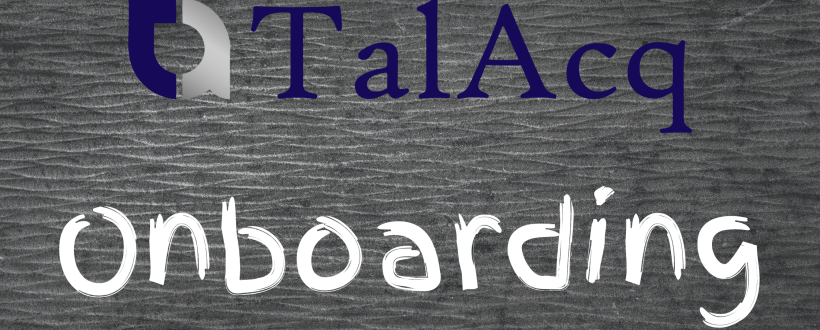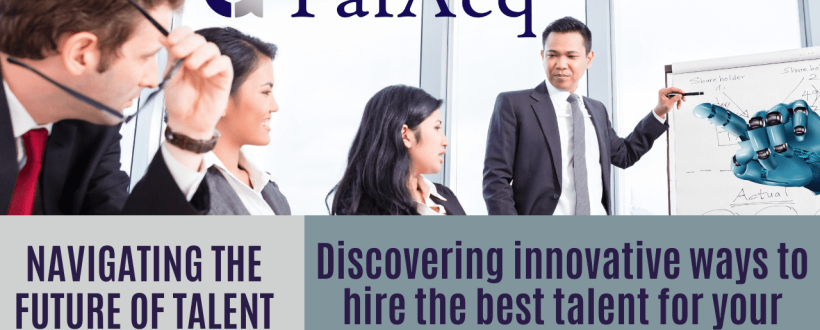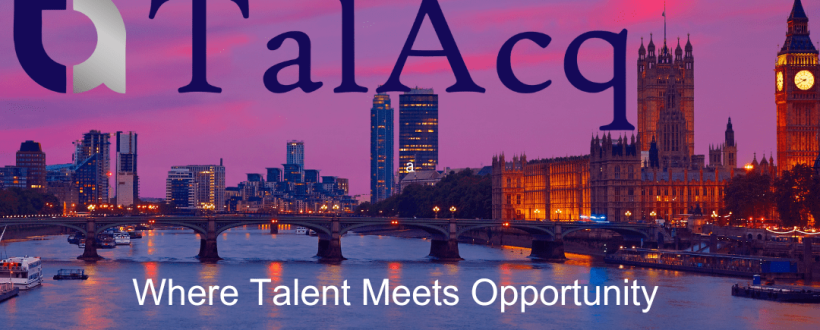In today’s competitive job market, a well-crafted resume is no longer just a nice-to-have—it’s a necessity. But with recruiters spending an average of 7 seconds scanning a resume, how can you ensure yours makes the cut? The answer lies in leveraging the power of Artificial Intelligence (AI).
At TalAcq, we’re passionate about helping job seekers and professionals unlock their full potential. Integrating AI into your resume-building process can give you a significant edge, ensuring your CV is not only polished but also tailored to stand out in a sea of applicants. Here’s how AI can transform your resume game:
- Tailored Content for Targeted Roles
AI-powered tools analyze job descriptions and match them with your skills, experience, and qualifications. By identifying keywords and phrases that resonate with specific roles, AI ensures your resume is optimized for Applicant Tracking Systems (ATS) software used by recruiters to filter candidates. This means your resume is more likely to make it to the top of the pile.
- Enhanced Clarity and Impact
AI can help you refine your language, ensuring your resume is concise, impactful, and free of jargon. Tools like Grammarly or ResumeWorded use AI to suggest improvements in tone, grammar, and structure, making your resume more professional and easier to read.
- Personalized Career Insights
AI doesn’t just improve your resume—it can also provide actionable insights into your career trajectory. Platforms like Zety or Skillroads analyze your profile and suggest skills or certifications that could make you a stronger candidate for your desired role.
- Dynamic Formatting and Design
First impressions matter. AI-driven tools like Canva or VisualCV offer sleek, modern templates that adapt to your content, ensuring your resume is visually appealing while maintaining a professional look.
- Real-Time Feedback
Why wait for a recruiter’s feedback when AI can provide it instantly? Tools like Jobscan compare your resume against job descriptions and provide a compatibility score, along with suggestions for improvement.
How TalAcq Can Help
At TalAcq, we understand the importance of staying ahead in the job market. That’s why we’re committed to helping you harness the power of AI to create resumes that not only reflect your unique strengths but also align with the needs of today’s employers.
Whether you’re a recent graduate, a seasoned professional, or someone looking to pivot careers, integrating AI into your resume-building process can make all the difference.
Ready to take your resume to the next level? Let’s embrace the future of recruitment together. Connect with us at TalAcq to learn more about how AI can help you land your dream job albeit with the HUMAN touch.
#AI #ResumeTips #CareerGrowth #TalAcq #JobSearch #FutureOfWork #Recruitment









